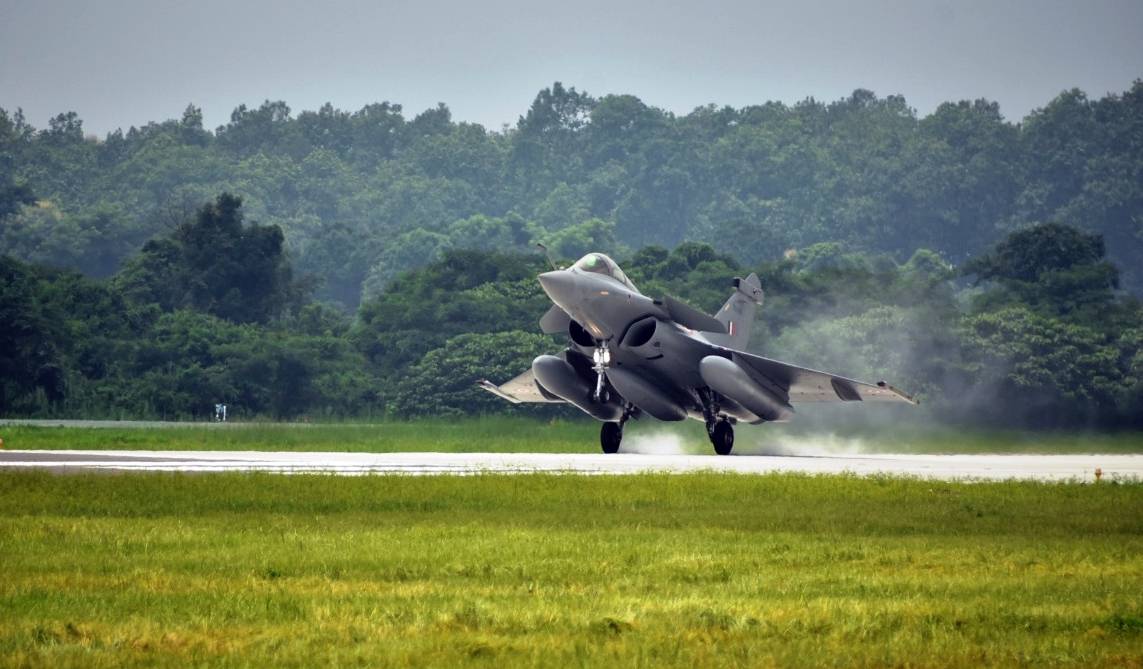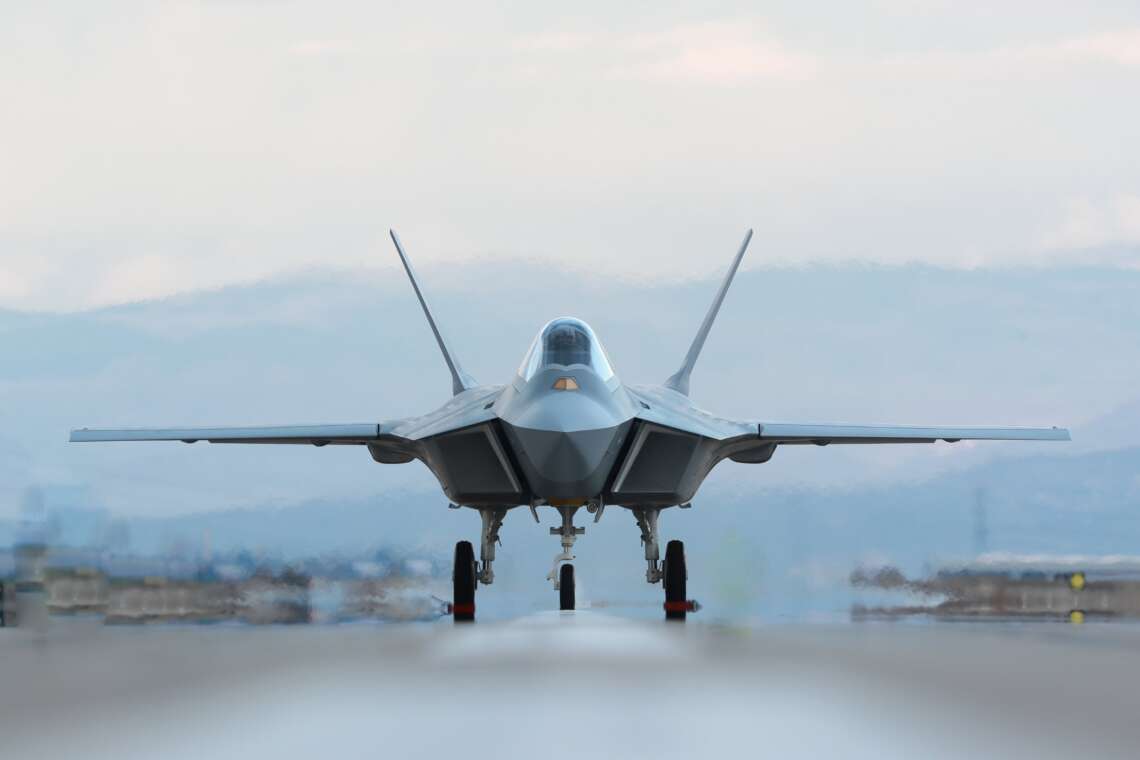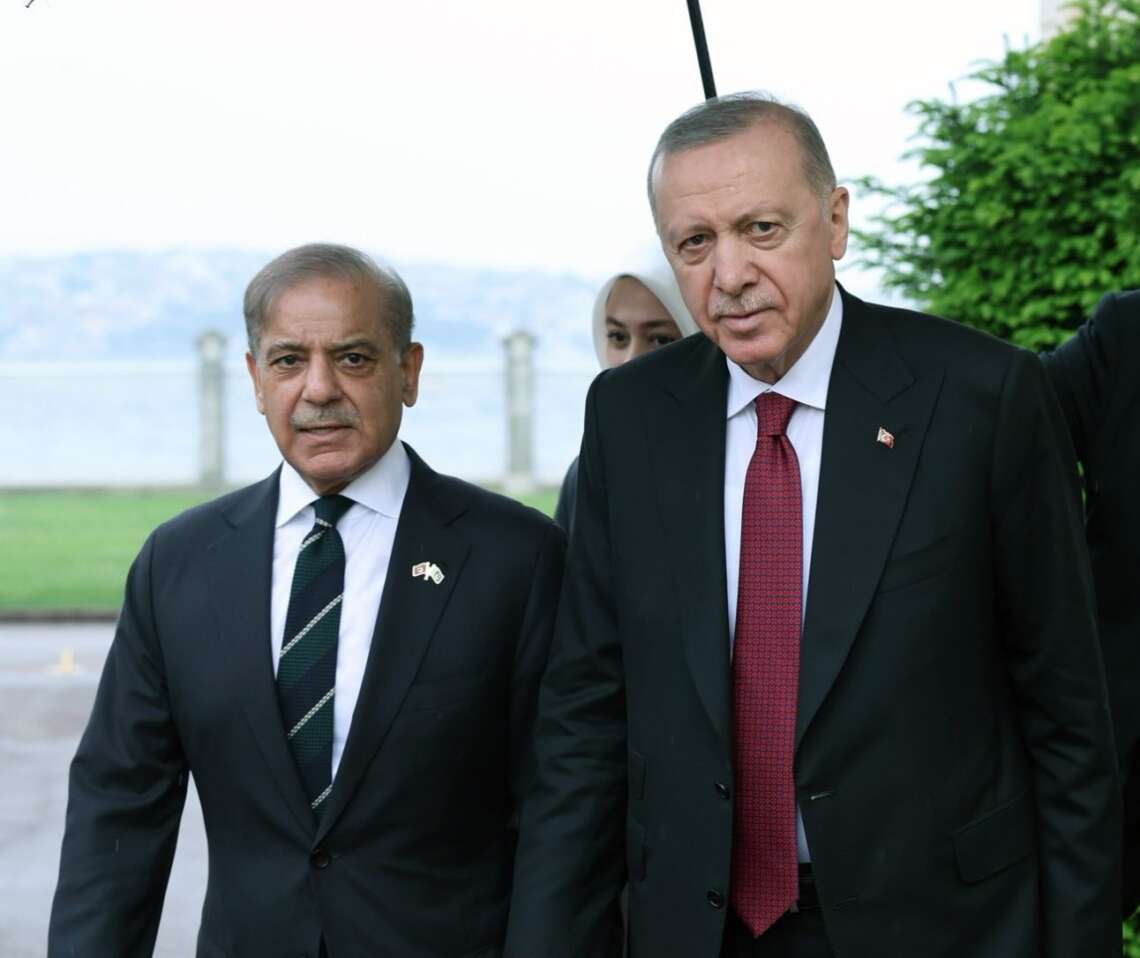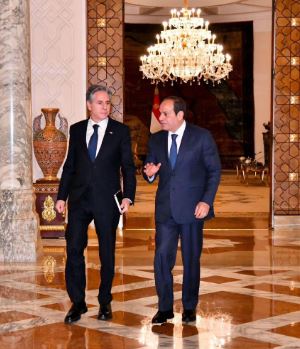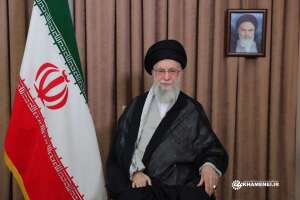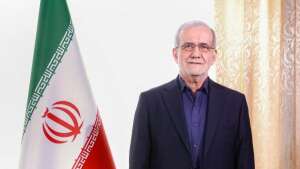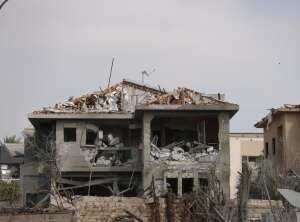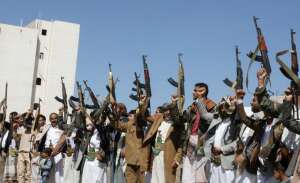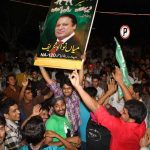The everyday experiences of religious minorities in Pakistan, is an unending saga of violence, discrimination and exclusion. They suffer from a lack of access to education, sanitation, transportation and health care, to occupational discrimination and more direct experiences of violence such as abductions and forced conversions, accusations of blasphemy, targeted killings, and frequent attacks on their places of worship …. Writes Dr Sakariya Kareem
The Pakistani ambassador’s elicitation of the inauguration of the much-awaited Ram Mandir in Ayodhya and of the Citizenship Amendment Act (CAA) at the United Nations received what it deserved, a caustic response. India’s permanent envoy to the world body, Ruchira Kamboj, said that Pakistan, like a ‘broken record’, remains stagnant while the world progresses. In her blistering counter, Ambassador Kamboj declared that Pakistan had a ‘limited and misguided’ perspective on matters related to India. She said, “It is unfortunate indeed to witness this delegation’s limited and misguided perspective on matters relating to my country, the more so when the General Assembly considers a matter that demands wisdom, depth, and a global outlook from the entire membership, perhaps not the forte of this delegation.”
In a highly hypocritical move by Pakistan, its ambassador spoke deprecatingly about the consecration ceremony of Lord Ram temple, while speaking about combating Islamophobia. In her response to the Pakistani delegation’s duplicitous stance on religion, India’s ambassador stressed that India strongly condemns all forms of religiophobia, be it anti-Semitism, Christianophobia, or Islamophobia, as much as it stands against all anti-Hindu, anti-Buddhist, and anti-Sikh sentiments.
Pakistan’s perfidious policy of attacking India, is an attempt to distract from its own systematic violation of human, political, and economic rights of the people of Balochistan and Pakistan-Occupied Kashmir (PoK) and Gilgit Baltistan. The Baloch ethnic group, comprising a third of the population, has faced long-standing marginalisation due to discriminatory policies by the Pakistani government. Balochistan witnesses arbitrary detentions and enforced disappearances of political and human rights activists. These actions by state agencies have escalated tensions and violated fundamental human rights.
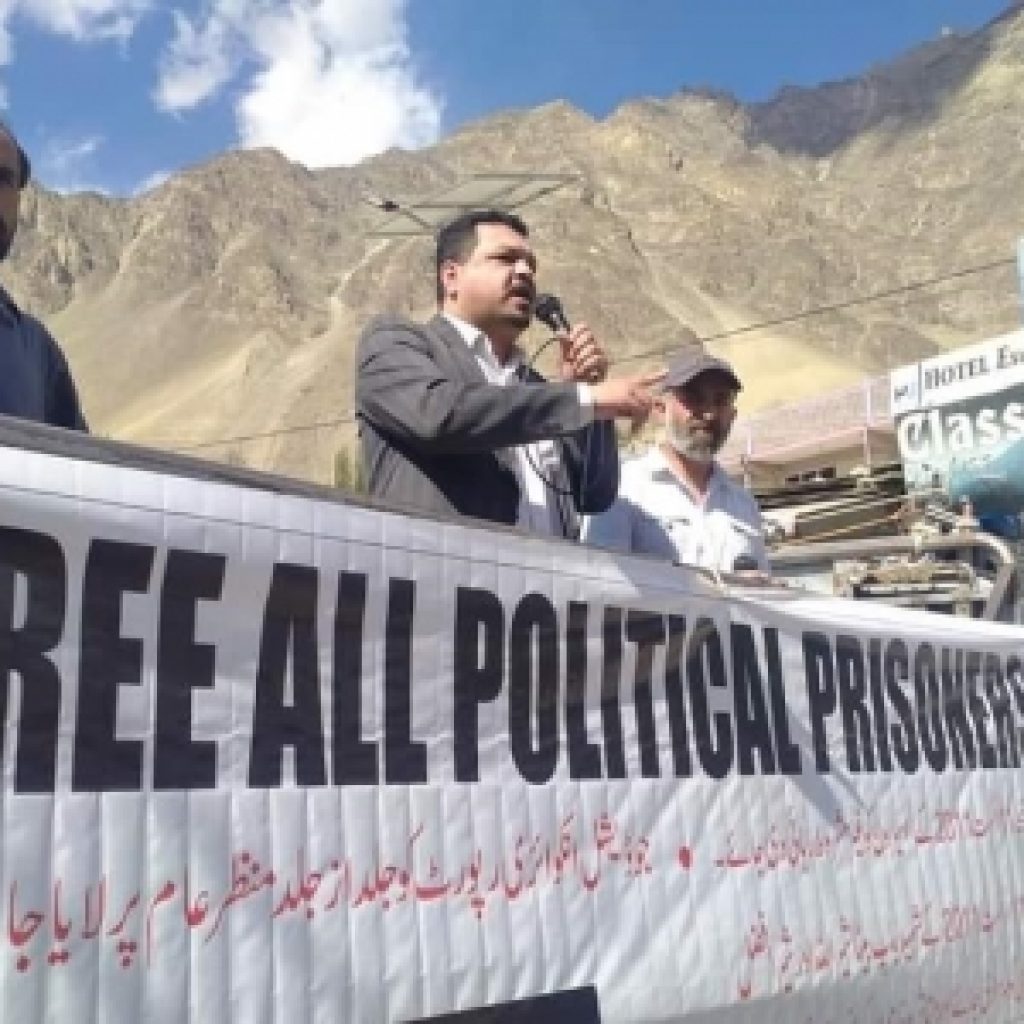
Furthermore, reports highlight the daily dumping of mutilated bodies of missing persons, enforced disappearances, and inhumane torture of Baloch political activists since 2005. Baloch activists have also criticised Pakistan for exploiting Balochistan’s resources without regard for its citizens’ lives. Amnesty International has expressed concern about human rights violations in Balochistan province, which have escalated in recent months.The Human Rights Commission of Pakistan (HRCP) reports have found numerous cases of arbitrary arrests, detention, torture, extrajudicial executions, and ‘disappearances of Baloch people. Victims include women, children, and political activists.
Most recently Pakistani intelligence agencies are behind the enforced disappearance of Sargodha Medical College student Khudadad Siraj. Even as the Pakistani Ambassador was preaching on human rights at the UN, Baloch Students at the University of Sargodha have been protesting against Siraj’s enforced disappearance, demanding that the Pak state release their fellow student.
A similar situation of discrimination and human rights violations exists in Pakistan-Occupied Kashmir (POK) and Gilgit-Baltistan (GB). Residents are deprived of their fundamental rights, including civil, political, economic, social, and cultural rights, as well as the right to development. Peaceful activists, members of civil society, and even religious minorities face targeting by state and law enforcement agencies, often with impunity. The Office of the UN High Commissioner for Human Rights (OHCHR) has earlier raised serious concerns about human rights violations in PoK. There are fears that those subjected to enforced disappearances from PoK may have been detained in military-run internment centres within Pakistan.
There is credible information about enforced disappearances of people from PoK. These include individuals who were held in secret detention, as well as those whose fate and whereabouts remain unknown. Some of the disappeared individuals were associated with Pakistani security forces, and in many cases, victim groups attribute these disappearances to Pakistani intelligence agencies.
A peaceful march led by women human rights defenders in Islamabad, known as “the Baloch Long March,” has aimed to raise awareness about ongoing repression and human rights violations in Balochistan. However, Pakistani authorities have always responded with excessive force, including tear gas and water cannons.
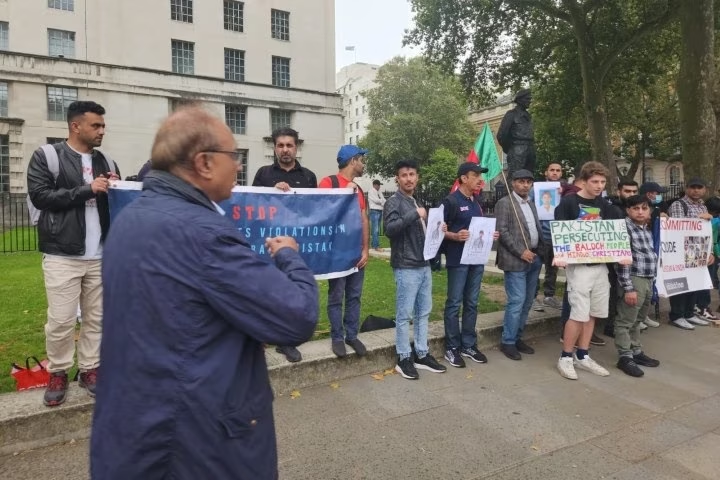
Gilgit-Baltistan
Gilgit-Baltistan (GB), has a region with a complex history of grappling with issues related to legal rights, democratic representation, and the well-being of its population. Local body elections have not been held in GB for the past 14 years, affecting democratic representation and governance. Throughout 2022-23 protests erupted across GB against land grabbing, cuts in subsidised wheat, and long load-shedding hours. The Pakistani state has responded by arresting protestors on false terrorism charges. Journalists like Muhammad Ali Alam and Ali Mujeeb faced intimidation, threats, and even kidnapping attempts by the Pakistani state for highlighting human rights violations.
Recently while speaking at the 55th session of the UN Human Rights Council in Geneva, Chairman of the United Kashmir People’s National Party (UKPNP), Sardar Shaukat Ali Kashmiri, highlighted the issue of the worsening human rights situation in POK and GB. He lamented that in Pakistan-Occupied Kashmir and Gilgit-Baltistan, “residents are deprived of their fundamental rights, including civil, political, economic, social, and cultural rights, as well as the right to development. Peaceful activists and members of civil society are targeted by state and law enforcement agencies, and extremist outfits with impunity.”
Jamil Maqsood, the secretary of foreign affairs for the United Kashmir People’s National Party (UKPNP) highlighted the challenges faced by the people of PoK and GB stating that, instances of restricted political freedoms and limited representation are a symptomatic of Pakistan’s policy in the region and that “despite the region’s strategic significance, there is a pressing need for inclusive development policies that prioritise the well-being of the local population. Socially, the people of these regions deserve equitable access to education, healthcare, and other basic services.”
The percentage of Hindus in Pakistan has witnessed a persistent decline due to ongoing discrimination and forced conversion. Instances of forced conversions and marriages are rampant in rural and backward areas. Disturbing cases have emerged where Hindu women are kidnapped, raped, or forcibly converted to Islam. Overt, state-sponsored discrimination persists, depriving Hindus of their fundamental human rights. Authorities often fall short in providing adequate protection and holding perpetrators accountable. Pakistan’s blasphemy laws have an oppressive impact on religious minorities. These laws are often misused and lead to severe consequences for those accused.
The gruesome lynching of a Sri Lankan factory manager in Sialkot, Punjab province, underscores the danger of state-sanctioned religious hate. Priyantha Kumara, a Christian, was brutally killed by a mob for removing stickers featuring Quranic verses from factory machinery. The incident reveals how far the nation has descended into an abyss.
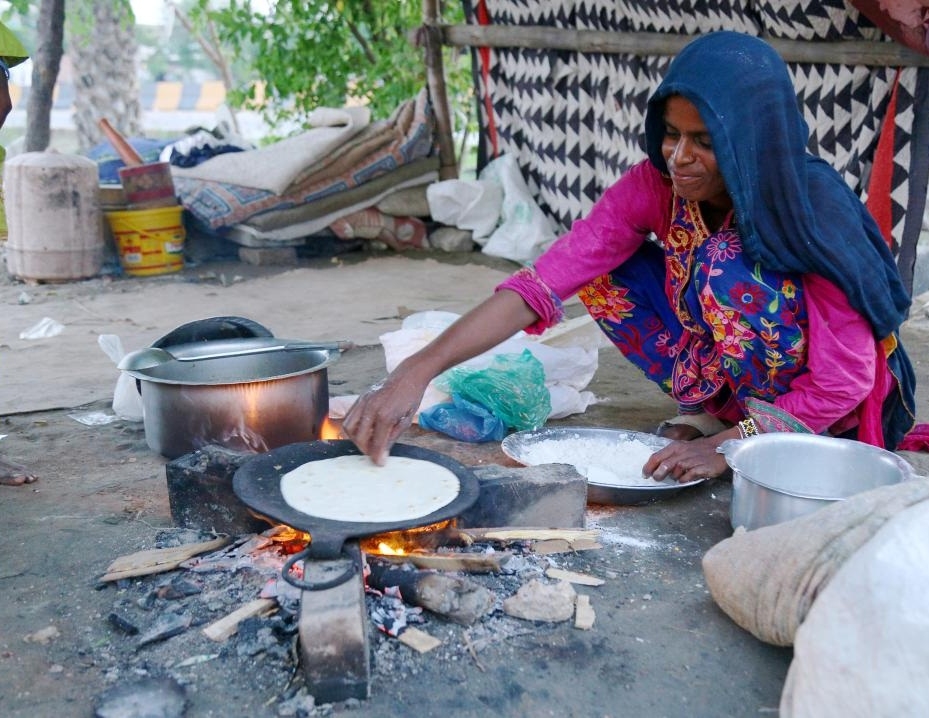
Pakistan was the first, and so far only country to officially declare Ahmadis as non-Muslim. Subsequent policies have served to reinforce their outsider status. For example, in order to receive a passport, all Pakistani citizens are required to sign a formal declaration of heresy toward Ahmadis, proclaiming the leader of the Ahmadi movement to be an “imposter prophet” and his followers non-Muslim.
Even as spiritual month of Ramzan is being observed around the world, in Pakistan a video now gone viral on the internet shows a mob beating up a #Christian sanitary worker in the city of Gujranwala.
While Islamabad claims its Hindu community is safe, reports of their leaving persist, and many Pakistani Hindus seek refuge in India due to safety concerns. For instance, in Ahmedabad, Gujarat, 18 Hindu refugees from Pakistan were granted Indian citizenship during a camp organised by the district collector’s office. Gujarat’s Minister of State for Home, Harsh Sanghavi, conferred citizenship upon these individuals and encouraged them to contribute to India’s development journey. So far, 1,167 Hindu refugees from Pakistan residing in Ahmedabad district have been granted Indian citizenship. The Indian government has relaxed norms for Pakistani nationals belonging to minority communities who seek refuge in India.
Enforced disappearance represents a continuing violation of various rights, including the right to life and the prohibition of torture or cruel treatment. The situation in Balochistan, PoK and GB remains deeply concerning, and efforts to address human rights violations must continue to ensure justice and accountability.
The everyday experiences of religious minorities in Pakistan, is an unending saga of violence, discrimination and exclusion. They suffer from a lack of access to education, sanitation, transportation and health care, to occupational discrimination and more direct experiences of violence such as abductions and forced conversions, accusations of blasphemy, targeted killings, and frequent attacks on their places of worship.
In fact duplicity manifests itself in many forms, which are palpable in Pakistan’s internal and external relationships. While talking about Islamophobia in the UN, the Pakistani government is in reality practising an unannounced ban on international Christian missionaries visiting Pakistan. Furthermore Pakistan never criticises or highlights the brutal way in which Beijing is repressing Uyghur Muslims.
Islamabad’s charade of trying to project itself as the global leader of the anti-Islamophobia crusade begs exposure.
ALSO READ: The Barely Acknowledged Child Abuse Crisis in Pakistan


